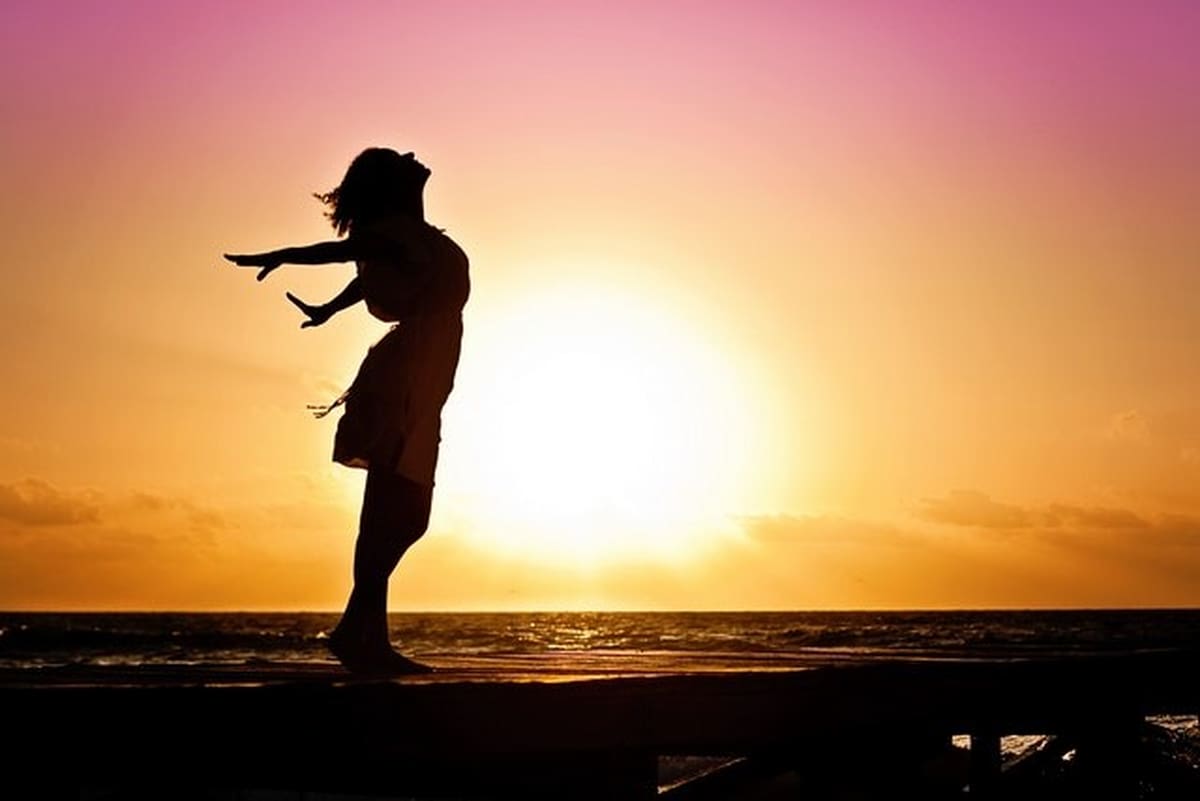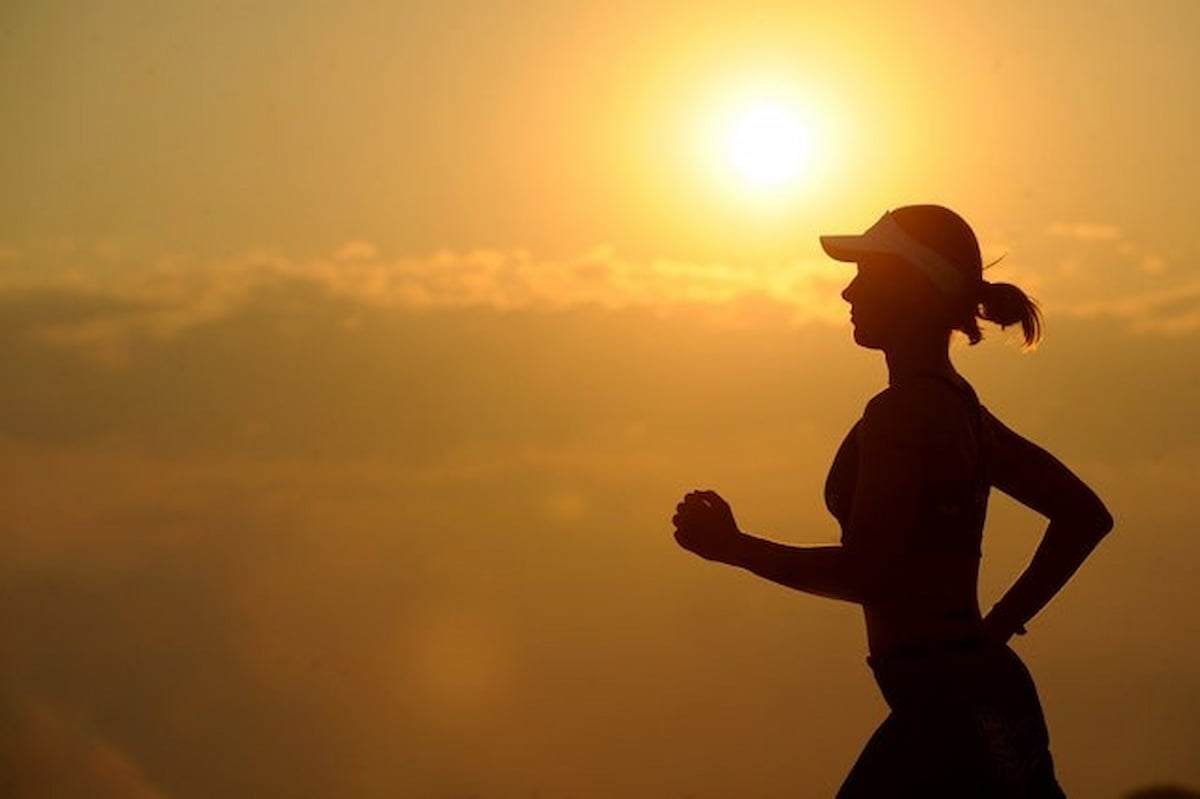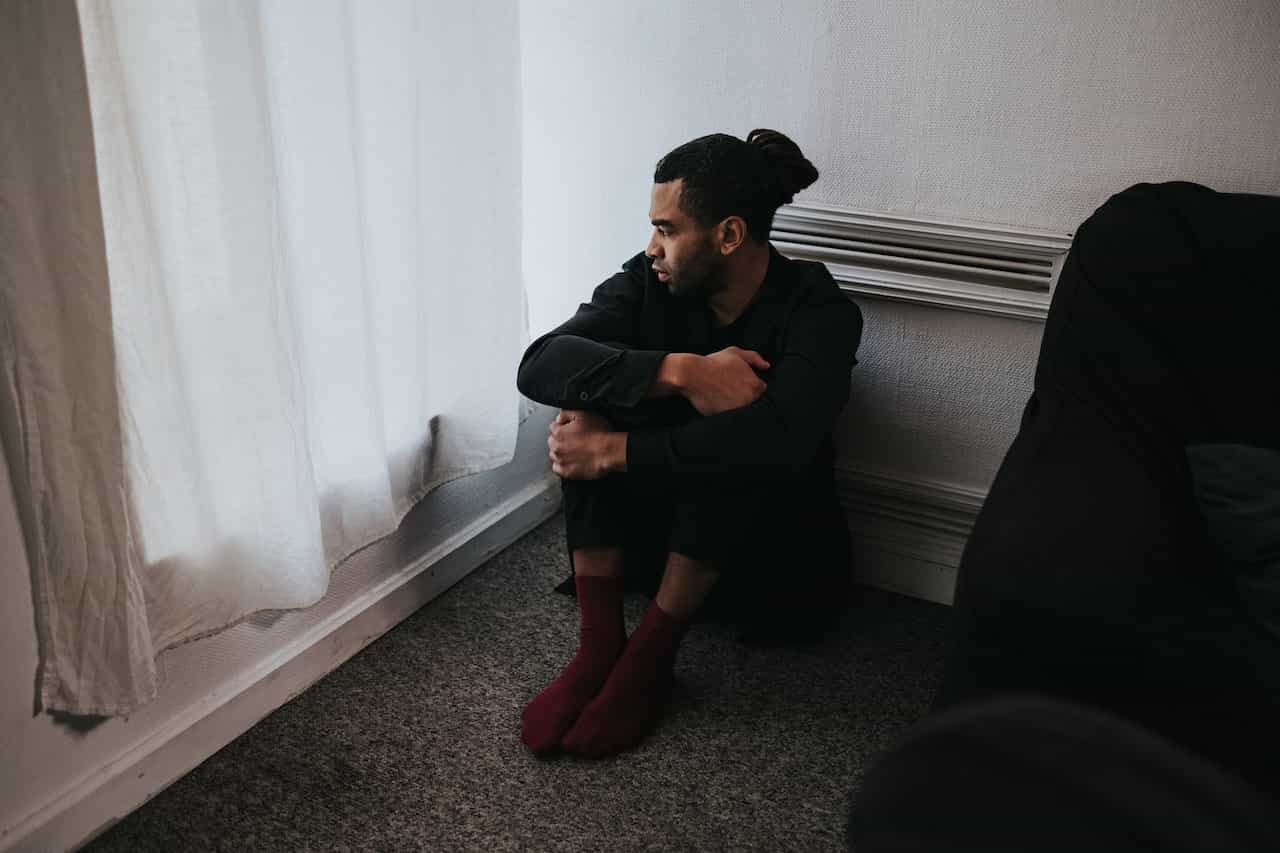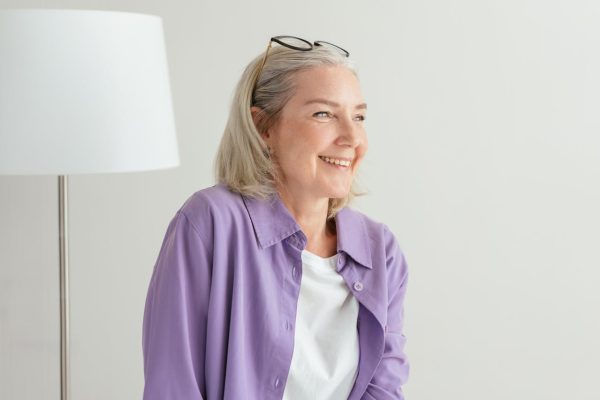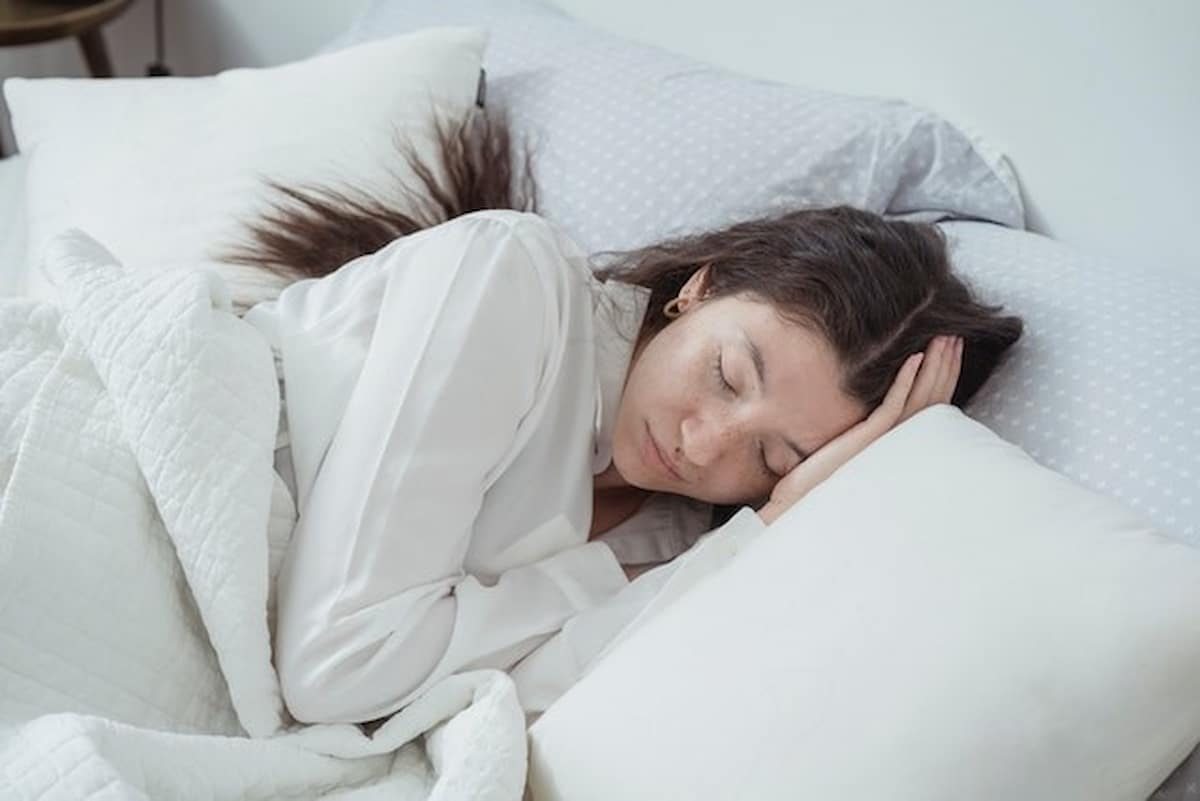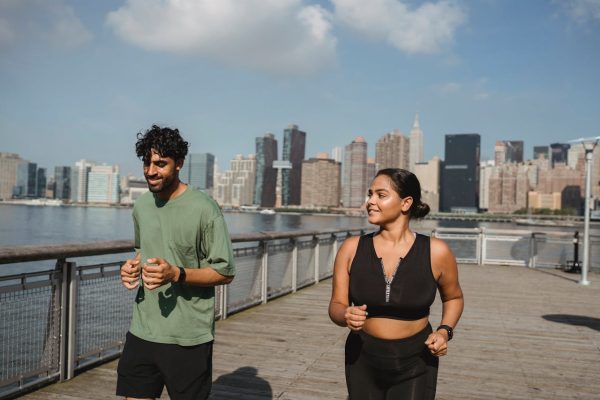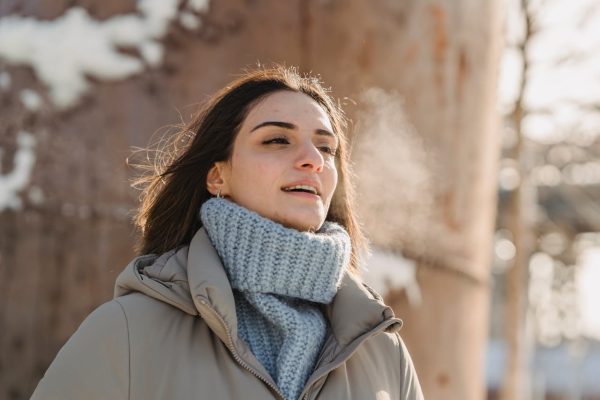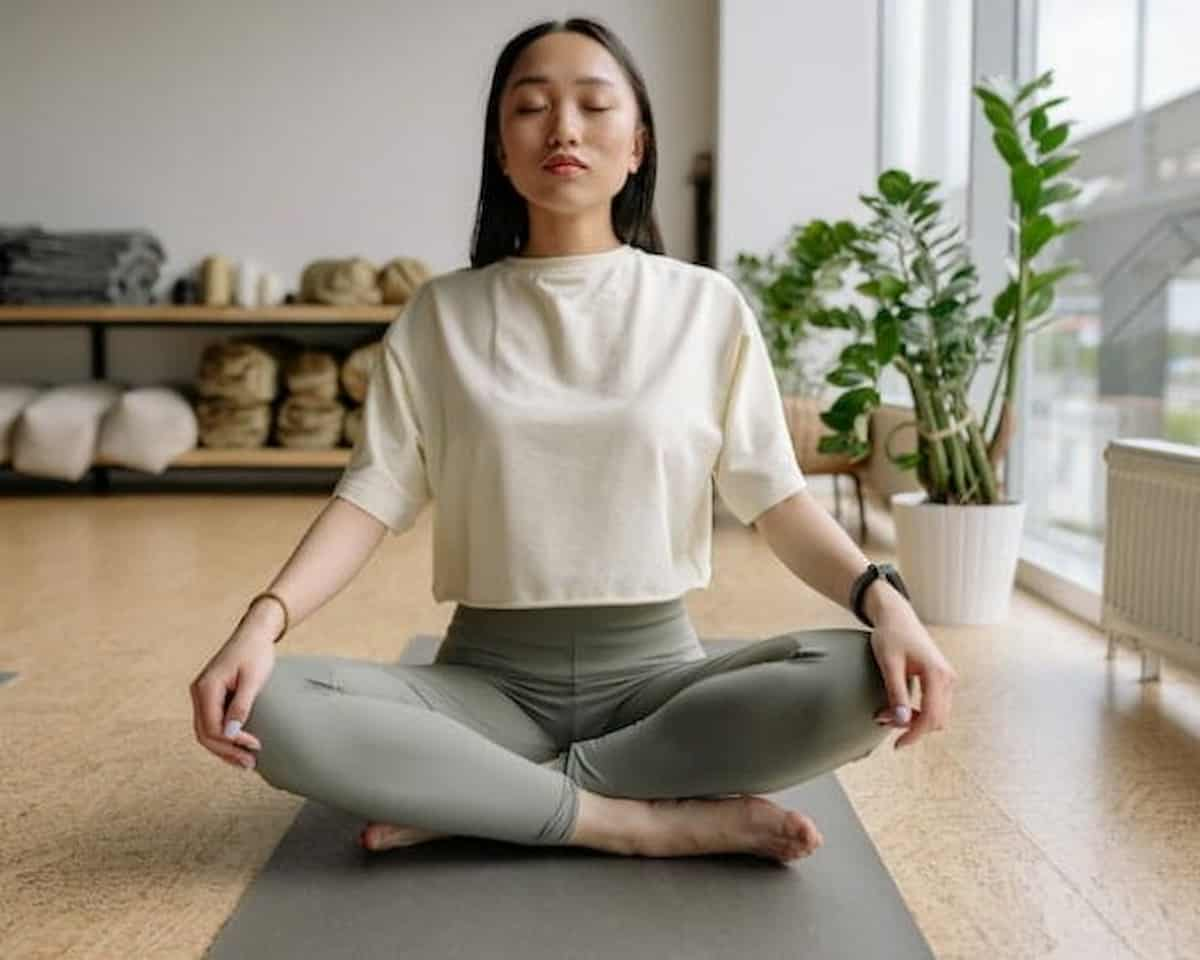The heatwave that has arrived sends us to the beaches as we all seek moments of coolness. That’s why it would be good to know how we can protect ourselves from sunburn and heat stroke. For the more athletic, you can still exercise by following a few simple steps.
Heat stroke: how does it happen?
The sun is a source of energy and life, and therefore it must be our friend at the same time. Although we are bombarded with information about sun protection, few of us realize the dangers of sun exposure (not necessarily prolonged exposure, but shorter exposures as well).
Not all people have the same degree of sensitivity to the sun. Children (due to thin skull bones), the elderly, people of any age with fair skin, people who chronically take certain types of drugs such as anticholinergics, antihistamines, beta-blockers, etc., those who exercise and those suffering from certain medical diseases (e.g., heart failure, diabetes) are more vulnerable to the sun’s rays.
Man has the ability to maintain a constant internal temperature (36.8+/-0.4 degrees Celsius). The normal person has homeostasis mechanisms to balance temperature disturbances, the most basic of which are sweating, peripheral vasodilation, and the thirst mechanism. When, for some reason, these mechanisms are removed, or are not sufficient, then heat stroke (hyperthermia) occurs, i.e., the pathological condition that appears after long-term exposure to the sun. It is due to the sensitivity of the brain to heat and is caused by irritation of the meninges.
The symptoms of heat stroke
A heat stroke can be light, medium or heavy.
In light heat stroke the following symptoms appear:
- Fatigue and lethargy
- Dizziness
- Profuse sweating
- Skin redness
- Tinnitus
In medium heat stroke the usual symptoms are:
- Intense headache
- Vertigo
- Nausea
- Vomiting
- Decreased sweating
- Rapid heartbeat and tachypnea
- Fever with chills up to 39°C
- Fainting tendency
- Cramps
- Blisters/burns on the skin
The symptoms of heavy heat stroke are:
- Paleness
- Mental confusion
- Delirium
- Loss of conscience
- Convulsions
- Hallucinations
- Fever up to 41°C
- Involuntary urination and defecation
- Brain damage
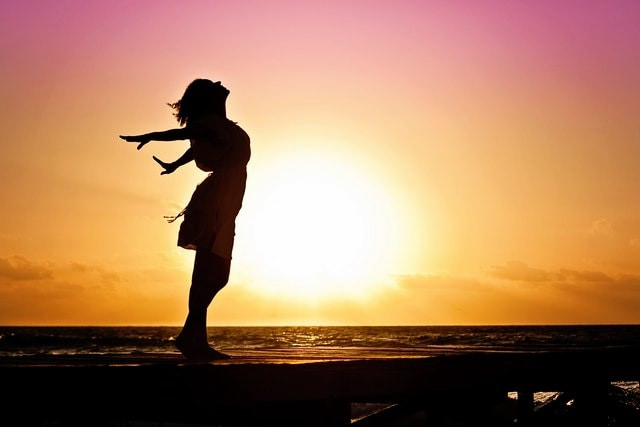
Prevention
The best tactic against heat stroke is to avoid it. The preventive measures that should be observed by everyone, and especially by vulnerable groups, are the following:
- Avoid exposure to the sun during the hours when its rays are vertical, i.e., from 11.00 a.m. to 4.00 p.m.
- Use of sunscreen (repeat frequently)
- Cover the body with cool and light-colored clothing and a hat
- Hydration of the body with cool water and juices
- Bathing in the sea or frequent showers
- Avoiding heavy meals
- Avoiding alcohol
Treatment and First Aid
In cases of severe heat stroke, such as when the person is unconscious or when mental confusion is observed, medical help should be sought immediately, and the patient should be transferred to a nursing facility (hospital, health center) so that intravenous fluids can be administered for hydration and possible burns can be treated with special patches and creams.
For milder forms of sunburn, the recommended steps are as follows:
- Move the person to a shady place.
- Loosen the belt and remove all unnecessary clothing (e.g., trousers, socks, shoes).
- Give the person a cool bath, or if this is not possible, place wet cloths or cotton clothes on the neck, torso, arms, and legs, so as to drop the body temperature immediately.
- Lay the person down and place their legs a little higher than the rest of the body.
- As long as there is no nausea or vomiting and the level of communication is good, give cold, isotonic drinks without sugar or dissolve a teaspoon of salt in a kilogram of water and let the patient drink slowly (because salt leaves the body due to sweat).
- Administer antipyretics and painkillers.
- Let the person rest to recover.
- If symptoms persist, consult a doctor.
In conclusion, we should keep in mind that the sun is a source of life, and it is good to always have it as our friend, preventing its unwanted effects. Information and prevention can save us from serious harm and allow us to enjoy the carefree moments of relaxation that we all deserve.
